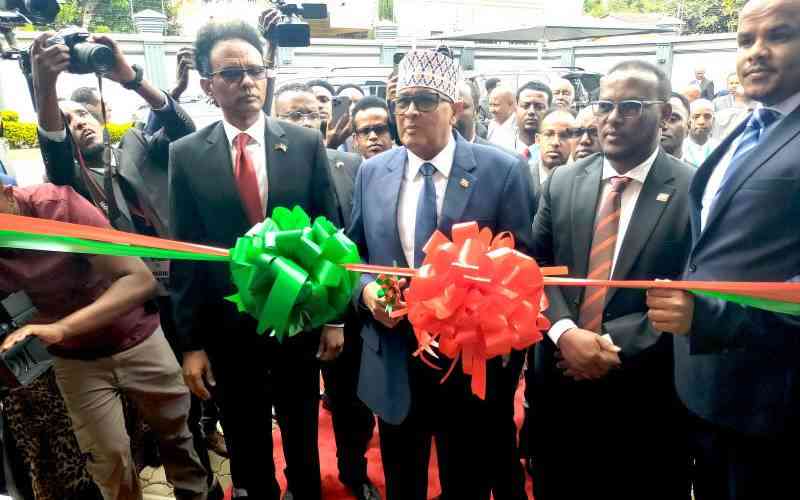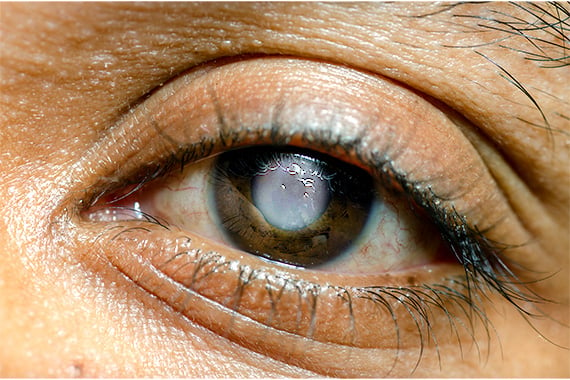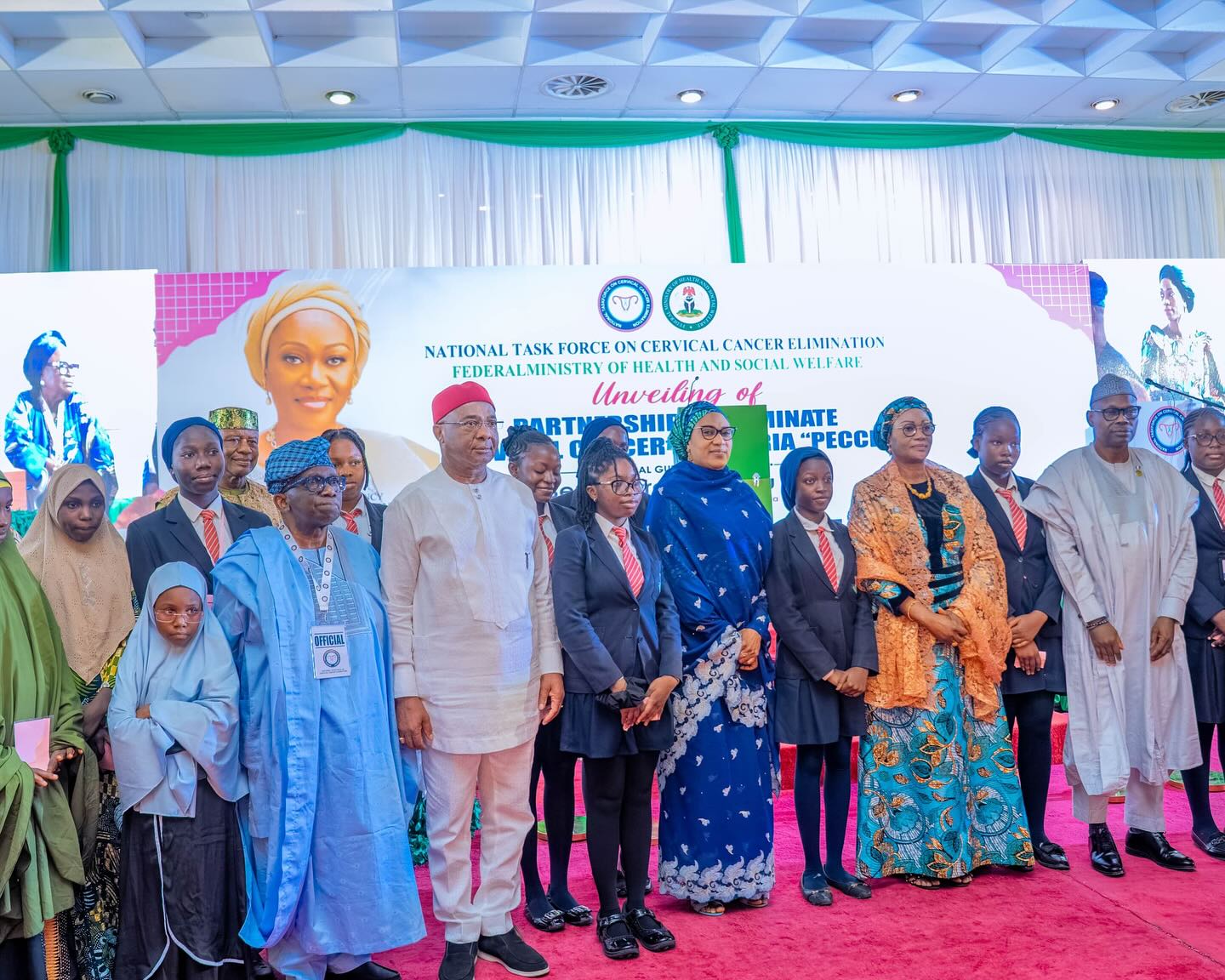Russian, Ukrainian sides meet in Turkey for talks in wake of Kyiv's audacious weekend attack | CBC News
Delegations from Russia and Ukraine met for a second round of direct peace talks in Turkey on Monday, although low expectations for the summit seemed to be realized as they ended after just over one hour.

Delegations from Russia and Ukraine met for a second round of direct peace talks in Turkey, although low expectations for the summit seemed to be realized as they ended after just over one hour.
Ukrainian President Volodymyr Zelenskyy, speaking at a summit of several NATO members on Monday in Vilnius, Lithuania, said a new release of prisoners of war was being prepared. Talks two weeks ago in Turkey led to the biggest exchange of prisoners since Russia invaded Ukraine in 2022, with hundreds freed from captivity by both sides.
The talks came in the wake of a surprise Ukraine attack on four Russian airbases thousands of kilometres apart, which destroyed more than 40 warplanes. The raid was unprecedented in its scope and geographic reach, targeting bases in Russia's Arctic, Siberia and far east more than 7,000 kilometres from Ukraine.

Ukraine deploys swarms of drones to target Russian warplanes
The head of the Ukrainian security service, Vasyl Maliuk, who led the planning of the operation, said its success was "a major slap in the face for Russia's military power." He said the drones struck simultaneously in three time zones and the complex logistics took over a year and a half to prepare.
Meanwhile, Russia on Sunday fired the biggest number of drones — 472 in all — at Ukraine since its full-scale invasion in February 2022, Ukraine's air force said, in an apparent effort to overwhelm air defences. This was part of a recently escalating campaign of strikes in civilian areas of Ukraine.
Zelenskyy said the setbacks on Sunday for the Kremlin would help force it to the negotiating table, even as it pursues a summer offensive on the battlefield.
"Russia must feel what its losses mean. That is what will push it toward diplomacy," he said in Vilnius.
Zelenskyy said that "if the Istanbul meeting brings nothing, that clearly means strong new sanctions are urgently, urgently needed" against Russia.
U.S.-led efforts to push the two sides into accepting a ceasefire have so far failed. Ukraine accepted a pause in fighting, but the Kremlin effectively rejected it.
Senior officials in both countries have indicated the two sides remain far apart on the key conditions for stopping the war. The first round of talks — held on May 16, also in Istanbul — ended after less than two hours.

Trump vs. Putin: Is the U.S. finally fed up with the Russia-Ukraine war?
The Institute for the Study of War, a Washington-based think-tank, said Sunday that "Russia is attempting to delay negotiations and prolong the war in order to make additional battlefield gains."
The relentless fighting has frustrated U.S. President Donald Trump's goal of bringing about a quick end to the war.
A week ago, Trump expressed impatience with Russian President Vladimir Putin as Moscow pounded Kyiv and other Ukrainian cities with drones and missiles for a third straight night.
Ukraine has occasionally struck airbases hosting Russia's nuclear capable strategic bombers since early in the war, prompting the Russian air force to redeploy most of them to the regions farther from the front line.
Because Sunday's drones were launched from trucks close to the bases targeted in five Russian regions, military defences had virtually no time to prepare for them.

The official Russian response to the Sunday attacks was muted, with the attack getting little coverage on the state-controlled television. Russia-1 TV channel spent little over a minute on it Sunday evening, with a brief Ministry of Defence statement read out before images shifted to Russian drone strikes on Ukrainian positions.
Many Russian military bloggers chided the military for its failure to build protective shields for the bombers despite previous attacks, but the large size of the planes makes that a challenging task.
The attacks were "a big blow to Russian strategic air power" and exposed significant vulnerabilities in Moscow's military capabilities, according to Phillips O'Brien, a professor of strategic studies at the University of St. Andrews in Scotland.
"This is hard to underestimate," O'Brien wrote in an analysis.
Fierce fighting has continued along the roughly 1,000-kilometre front line.
Russian forces shelled Ukraine's southern Kherson region, killing three people and injuring 19 others, including two children, regional officials said Monday.
Also, a missile strike and shelling around the southern city of Zaporizhzhia killed five people and injured nine others, officials said.
Russian air defences downed 162 Ukrainian drones over eight Russian regions overnight, as well as over the annexed Ukrainian peninsula of Crimea, Russia's Defence Ministry said Monday. Ukrainian air defences damaged 52 out of 80 drones launched by Russia overnight, the Ukrainian air force said.
Vladimir Medinsky, an adviser to Putin, led the Russian delegation in Istanbul, with Defence Minister Rustem Umerov heading the Ukrainian delegation.
Officials said Turkish Foreign Minister Hakan Fidan chaired the talks, with officials from the Turkish intelligence agency also present.









